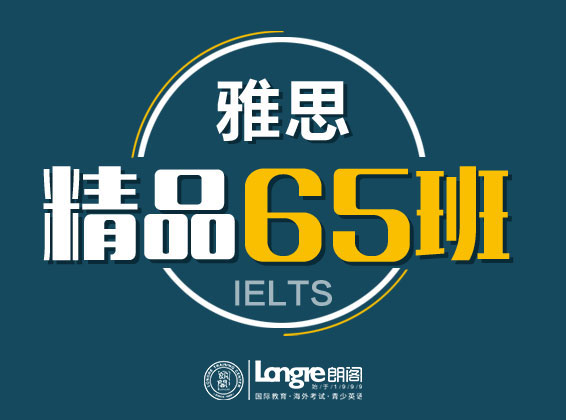|
凡是入门GMAT写作的亲们,总会学习到GMAT写作七宗罪,学习GMAT写作七宗罪是为了在自己的写作中好的避免这些错误。
一、什么是“七宗罪” GMAT写作七宗罪是指GMAT驳论文Argument题目中存在的逻辑漏洞或错误,考生根据考试中常见的逻辑漏洞和考察方向把其总结为“七宗罪”,既形象又方便参加GMAT考试备考的考生进行背诵。考生在备考时可以按照七宗罪中的逻辑错误类型进行有目的的查找,一方面节省了考试时间,另一方面找到的逻辑错误的准确,对于提升GMAT写作效率也非常有帮助。 通常考生所说的GMAT作文七宗罪指的就是:宗罪:无因果联系,第二宗罪:样本不足,第三宗罪:错误类比(横向)第四宗罪:时地全等(没有用发展的观点看待问题),第五宗罪:二者择一(非此即彼),第六宗罪:可疑调查,第七宗罪:结论无据(无根据假设)。可能个别地方的叫法不完全一样,考生只要知道其表达的真正意义即可。 二、七宗罪包含哪些内容 宗罪:无因果联系,是指作者给出的解释和得出的结论没有因果上的联系,或者是二者毫不相关。 The author commits a fallacy of causal oversimplification. The line of the reasoning is that because A occurred before B, the former event is responsible for the latter. But this is fallacious reasoning unless other possible causal explanations have been considered and ruled out. For example, perhaps C is the cause of these events or perhaps B is caused by D. 第二宗罪 样本不足,是指给出的论据或例子不充分,不足以说明某个问题,不能支撑作者得出这样的结论。 The evidence the author provides is insufficient to support the conclusion drawn from it. One example is logically unsounded to establish a general conclusion, unless it can be shown that A1 is representative of all A. It is possible that.... In fact, in face of such limited evidence, the conclusion that B is completely unwarranted. 第三宗罪: 错误类比,即把毫不相关的两个事物拿来作比较,并由此得出一些结论。 The argument rests on the assumption that A is analogous to B in all respects. This assumption is weak, since although there are points of comparison between A and B, there is much dissimilarity as well. For example, A..., however, B.... Thus, it is likely much more difficult for B to do.... 第四宗罪 时地全等,主要是指没有用发展的观点看待问题,拿过去的事例和现在的作对比,并由此得出结论。 The author commits the fallacy of “all things are equal”. The fact that happened two years ago is not a sound evidence to draw a conclusion that.... The author assumes without justification that the background conditions have remained the same at different times or at different locations. However, it is not clear in this argument whether the current conditions at AA are the same as they used to be two years ago. Thus it is impossible to conclude that.... 第五宗罪 二者择一,即限制了结论的范围,按照非此即彼的观点得出结论。 The author assumes that AA and BB are mutually exclusive alternatives and there is no room for a middle ground. However, the author provides no reason for imposing an either-or choice. Common sense tells us that adjusting both AA and BB might produce better results. 第六宗罪 可疑调查,指作者提供的证据是片面的或者是有限的,不能证结论的顺利推出。 The poll cited by the author is too vague to be informative. The claim does not indicate who conducted the poll, who responded, or when, where and how the poll was conducted. Until these questions are answered, the results of the survey are worthless as evidence for the conclusion. 第七宗罪 结论无据,指得出的结论是毫无根据的,或者是前面的假设是不能成立的。 The author falsely depends on gratuitous assumption that.... However, no evidence is stated in the argument to support this assumption. In fact, this is not necessarily the case. For example, it is more likely that.... Therefore, this argument is unwarranted without ruling out such possibility。 考生在利用七宗罪进行文章论证的时候一定要注意这些逻辑错误的攻击点在哪里,掌握GMAT写作的主要反驳方法。这样能够使大家的论证加充分,加有理有据。总之,大家要切记,GMAT写作离不开七宗罪,七宗罪有可能让你的文章脱颖而出。 (责任编辑:admin) |
文中图片素材来源网络,如有侵权请联系删除








